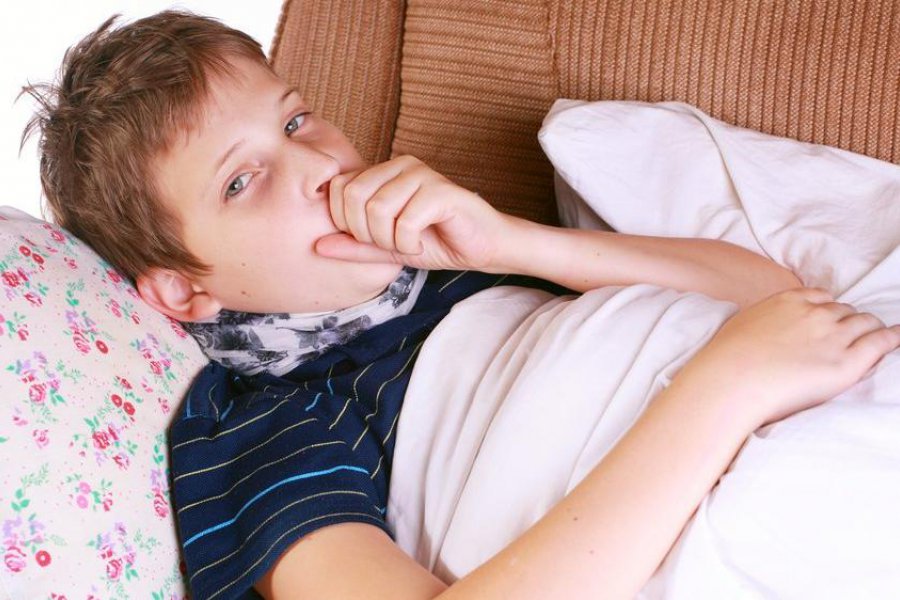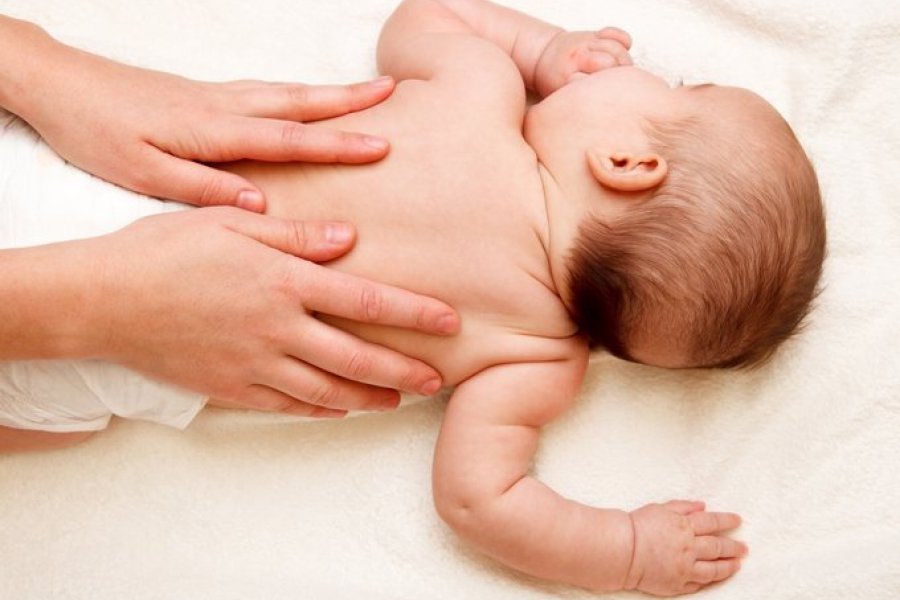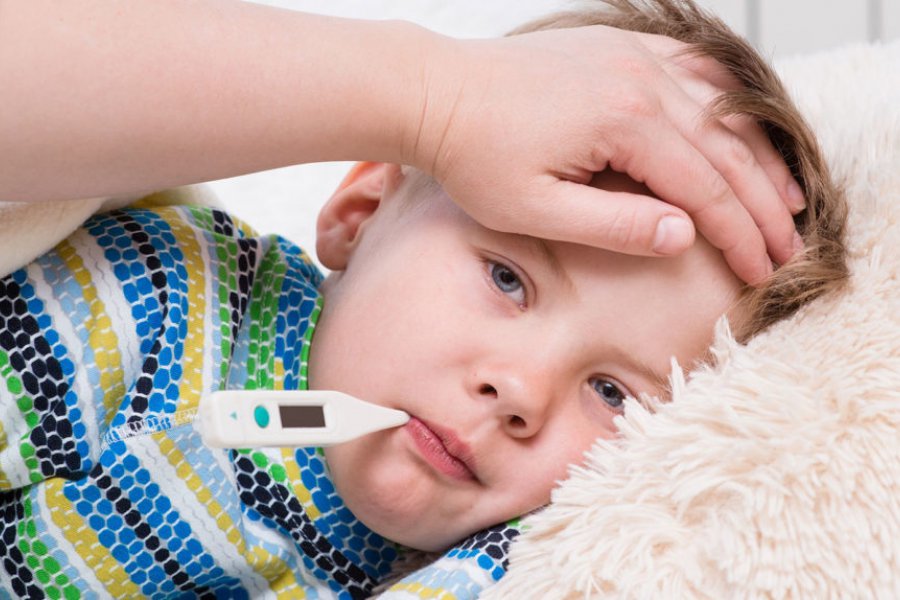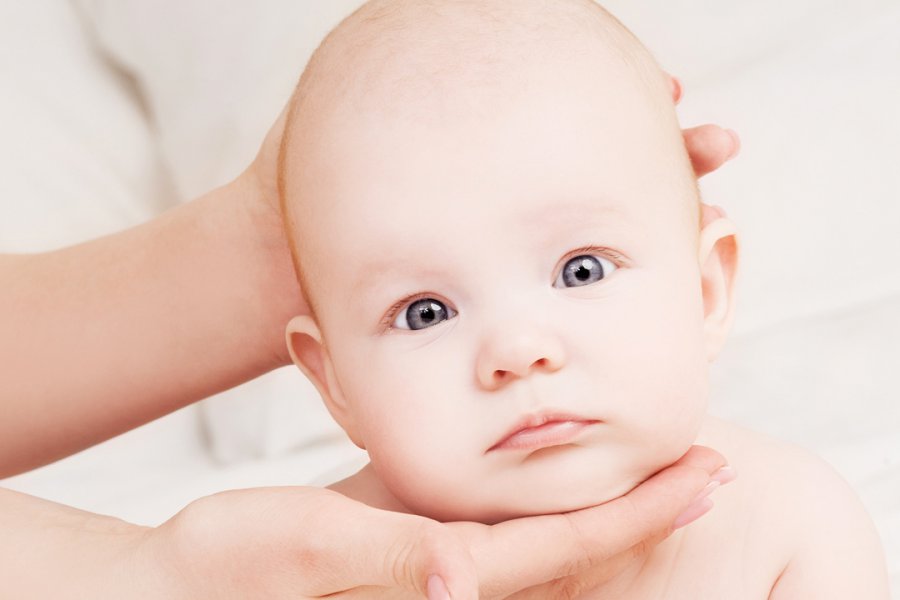Pneumonia in Children
Pneumonia is defined as an infection of the lungs and can lead to a serious health problem in children. Pneumonia occurs when the air sacs of the lungs become inflamed and filled with fluid. Pneumonia can be triggered by infectious agents such as bacteria
Pneumonia is defined as an infection of the lungs and can lead to a serious health problem in children. Pneumonia occurs when the air sacs of the lungs become inflamed and filled with fluid. Pneumonia can be triggered by infectious agents such as bacteria, viruses, fungi or parasites.
The most common causes of pneumonia in children may be:
Bacterial Pneumonia: Bacteria such as Streptococcus pneumoniae (pneumococci) are the most common causes of pneumonia. It can also be caused by other bacteria such as Haemophilus influenzae and Staphylococcus aureus.
Viral Pneumonia: Viruses can cause pneumonia in children, especially influenza virus and respiratory syncytial virus (RSV).
Atypical Pneumonia: Atypical bacteria such as Mycoplasma and Chlamydophila pneumoniae can cause pneumonia.
Aspiration Pneumonia: Children may aspirate stomach contents or other foreign objects into their airways, which can lead to aspiration pneumonia.
Symptoms of pneumonia in children may vary depending on age and the cause of the infection, but common symptoms may include:
Fire
Cough (usually more intense with bacterial pneumonia)
Rapid and labored breathing
Shortness of breath
Chest pain or distress
Weakness and fatigue
Anorexia
Nausea or vomiting
Treatment for pneumonia varies depending on the cause of the infection. Treatment may often include:
Antibiotics: In case of bacterial pneumonia, doctors usually prescribe antibiotics. Which antibiotic to use may vary depending on the type and severity of the infection.
Antiviral Medications: Antiviral medications can be used in cases of viral pneumonia, but their effectiveness may vary depending on the virus causing viral pneumonia.
Other Treatments: Cough medicines, antipyretics, or painkillers may be used to relieve symptoms. Additionally, it is important that the child drinks enough fluids and rests.
Pneumonia can be a serious health problem, so it is important for your child to see a doctor. Pneumonia that is left untreated or treated early can lead to respiratory failure or other complications. Additionally, taking preventive measures against pneumonia, especially protection through vaccinations, can reduce the risk of infection.





